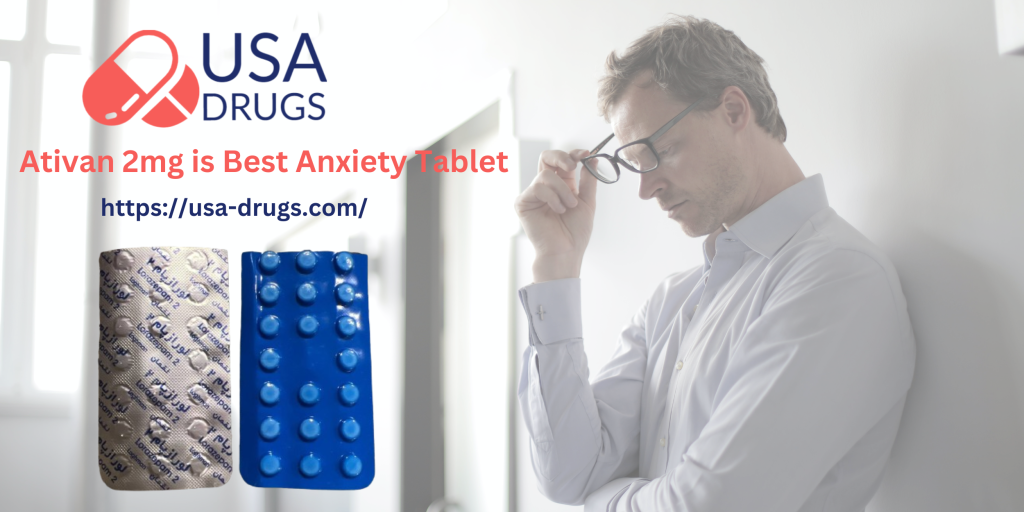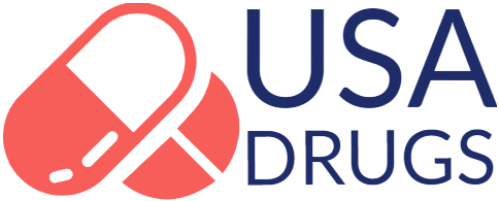Ativan, also known as lorazepam, is a medication commonly prescribed for the treatment of anxiety disorders, panic attacks, and insomnia. While Ativan can be highly effective in alleviating symptoms and providing relief, it also carries the risk of addiction and dependency. In this blog, we’ll explore the journey to sobriety for individuals struggling with Ativan addiction, including the signs of addiction, the challenges of withdrawal, and the steps toward recovery.

Understanding Ativan Addiction:
Addiction to Ativan can develop when the medication is used for an extended period or at higher doses than prescribed. Individuals may become dependent on Ativan to manage their anxiety or sleep difficulties, leading to a compulsive pattern of use despite negative consequences. Common signs of Ativan addiction may include:
- Cravings for Ativan
- Difficulty controlling or reducing Ativan use
- Continued use of Ativan despite negative consequences, such as relationship problems, financial difficulties, or health issues
- Withdrawal symptoms when attempting to stop using Ativan
Challenges of Ativan Withdrawal:
Withdrawal from Ativan can be challenging and uncomfortable, particularly for individuals who have been using the medication for an extended period. Withdrawal symptoms may include:
- Anxiety
- Insomnia
- Irritability
- Muscle aches and pains
- Sweating
- Nausea and vomiting
- Headaches
- Tremors or shaking
- Seizures (in severe cases)
The severity and duration of withdrawal symptoms can vary depending on factors such as the duration of Ativan use, the dosage, and individual differences in metabolism and physiology. Withdrawal from Ativan should always be conducted under medical supervision to ensure safety and comfort.
Steps Toward Recovery:
Recovery from Ativan addiction is possible with dedication, support, and the right resources. Here are some steps individuals can take to begin their journey toward sobriety:
- Seek Professional Help: If you’re struggling with Ativan addiction, reach out to a healthcare professional, such as a doctor or addiction specialist, for guidance and support. They can help you develop a personalized treatment plan tailored to your needs.
- Detoxification: Detoxification, or detox, is the process of safely withdrawing from Ativan under medical supervision. This may involve gradually tapering off the medication to minimize withdrawal symptoms and reduce the risk of complications.
- Therapy and Counseling: Therapy and counseling are essential components of addiction treatment, helping individuals address underlying issues contributing to their addiction, develop coping skills, and learn strategies for relapse prevention. Cognitive-behavioral therapy (CBT), in particular, has been shown to be effective in treating addiction.
- Support Groups: Joining a support group, such as Narcotics Anonymous (NA) or SMART Recovery, can provide valuable peer support and encouragement from others who are on a similar journey to sobriety. These groups offer a safe space to share experiences, learn from others, and build a supportive network of peers.
- Healthy Lifestyle Changes: Making healthy lifestyle changes, such as regular exercise, balanced nutrition, adequate sleep, and stress management techniques, can support recovery and promote overall well-being. Engaging in meaningful activities and hobbies can also help fill the void left by Ativan use and provide a sense of purpose and fulfillment.
6. Medication-Assisted Treatment (MAT):
In some cases, medication-assisted treatment (MAT) may be recommended as part of the recovery process for Ativan addiction. MAT involves the use of medications that help alleviate withdrawal symptoms, reduce cravings, and stabilize mood during the early stages of recovery. Some medications that may be used in MAT for Ativan addiction include:
- Benzodiazepines: Longer-acting benzodiazepines, such as diazepam (Valium) or chlordiazepoxide (Librium), may be prescribed during detoxification to help taper off Ativan gradually and minimize withdrawal symptoms.
- Antidepressants: Certain antidepressant medications, such as selective serotonin reuptake inhibitors (SSRIs) or serotonin-norepinephrine reuptake inhibitors (SNRIs), may be used to help manage symptoms of depression and anxiety that can occur during Ativan withdrawal and recovery.
- Anticonvulsants: Anticonvulsant medications, such as gabapentin or pregabalin, may be prescribed to help manage symptoms such as insomnia, muscle spasms, and nerve pain during withdrawal.
It’s important to note that MAT should always be conducted under the supervision of a healthcare professional who can monitor progress, adjust medications as needed, and ensure the safety and well-being of the individual.
7. Holistic Approaches to Recovery:
In addition to traditional medical treatments, holistic approaches to recovery can complement the recovery process and support overall well-being. These may include:
- Nutrition and Exercise: Eating a balanced diet and engaging in regular exercise can help improve mood, reduce stress, and promote physical health during recovery.
- Mindfulness and Meditation: Practices such as mindfulness meditation, yoga, and deep breathing exercises can help individuals manage stress, increase self-awareness, and cultivate a sense of inner peace and calm.
- Art Therapy and Creative Expression: Engaging in creative activities, such as art therapy, music therapy, or journaling, can provide a therapeutic outlet for expressing emotions, processing trauma, and fostering self-discovery.
- Spirituality and Connection: Exploring spirituality or connecting with a higher power, whether through religious practices, nature, or personal beliefs, can provide individuals with a sense of purpose, meaning, and connection to something greater than themselves.
8. Continued Support and Relapse Prevention:
Recovery from Ativan addiction is a lifelong journey that requires ongoing support and commitment. After completing formal treatment, individuals may benefit from participating in aftercare programs, attending support group meetings, and continuing to engage in therapy or counseling. Developing a relapse prevention plan that includes identifying triggers, building a support network, and practicing healthy coping skills is essential for maintaining sobriety and preventing relapse.
Conclusion:
Recovery from Ativan addiction is possible with dedication, support, and the right resources. By seeking professional help, participating in therapy and counseling, considering medication-assisted treatment if needed, exploring holistic approaches to recovery, and engaging in continued support and relapse prevention strategies, individuals can overcome Ativan addiction and build a fulfilling life in recovery. Remember, you are not alone, and there is hope for a brighter future beyond addiction. With perseverance and support, recovery is possible.
